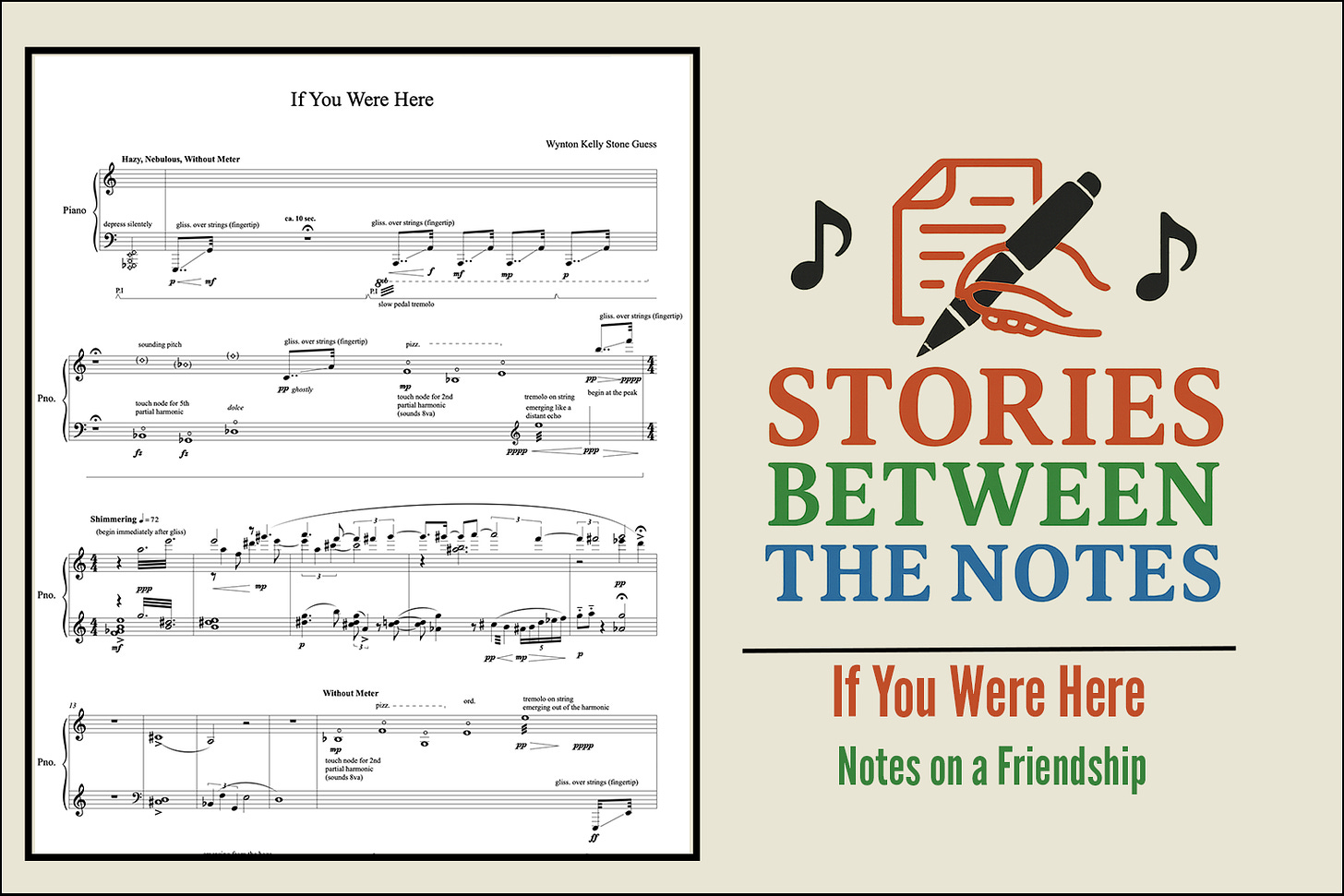If You Were Here
Notes on a friendship
In life, there are moments when, looking back, you realize the events you experienced happened so spontaneously and serendipitously that they formed a kind of roadmap to your present life and self. Without those seemingly random occurrences, your life would be entirely different.
In 2014, I had set out to London to attend the Royal College of Music, afte…



